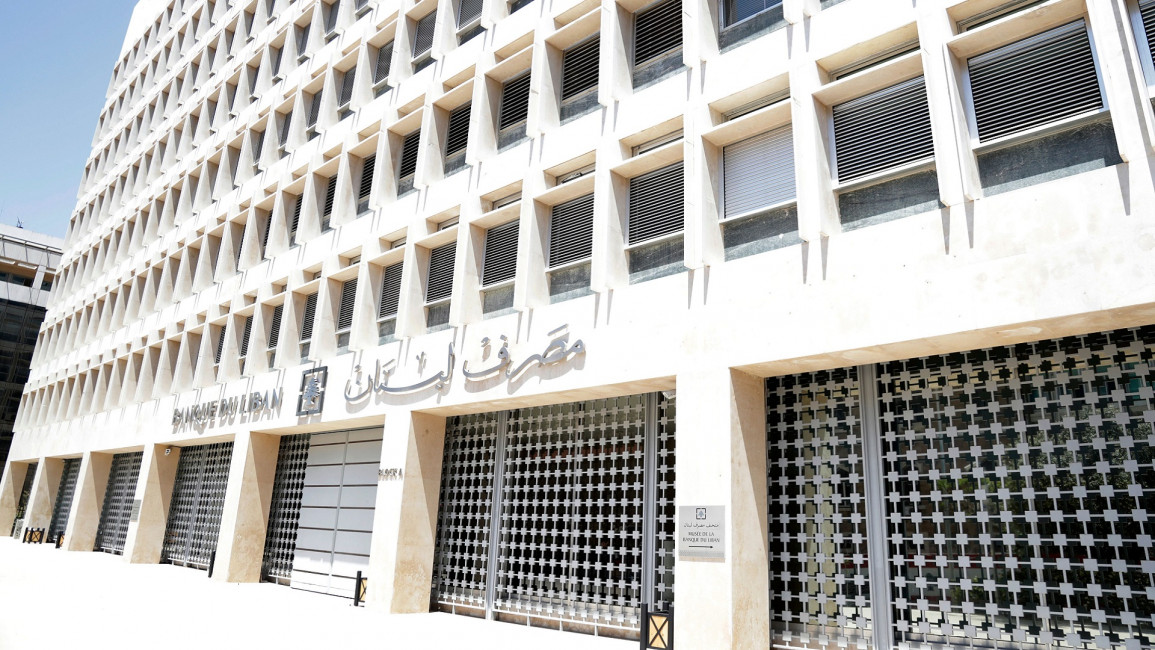Lebanon government agrees on 2019 budget to rescue economy
Lebanon's cabinet agreed on a budget for this year, Information Minister Jamal Jarrah said, in a bid to save an economy that is crumbling under debt, Information Minister Jamal Jarrah said.
Although a draft has been agreed but the cabinet said that the unveiling of a formal budget for 2019 would happen "at a later stage" following a final meeting at the presidential palace in Baabda.
"We have finished discussing and approving all the articles and figures included in the 2019 budget," Jarrah told reporters after a cabinet session.
Spending cuts would reduce Lebanon's deficit to 7.5 percent of gross domestic product - a 4 point drop from 2018.
The World Bank estimates the public deficit reached 11.5 percent of GDP for 2018, a jump compared to previous years.
To decrease the public deficit, the cabinet has said it would increase taxes on interest income from bank deposits from seven to 10 percent.
The government is also expected to reduce public sector benefits and pensions and hike taxes.
The expected austerity measures have led to a number of small protests in recent weeks.
But on Friday, Finance Minister Ali Hasan Khalil confirmed a consensus had been reached.
"We did not hear any reservations," he said in a televised interview after Friday's session. "Everyone agreed on the budget."
Lebanon has promised donors it would slash public spending as part of economic reforms to unlock $11 billion in aid pledged at a conference in Paris last year.
Prime Minister Saad Hariri last month vowed to introduce "the most austere budget in Lebanon's history" to meet commitments made to international donors.
Growth in Lebanon has sunk following a number of political deadlocks, compounded by outbreak of war in neighbouring Syria in 2011.
The country has been racking up public debt since the end of its 1975-1990 civil war, which now stands at 152 percent of gross domestic product (GDP), according to the finance ministry.
Eighty percent of Lebanon's public debt is owed to Lebanon's central bank and local banks.



